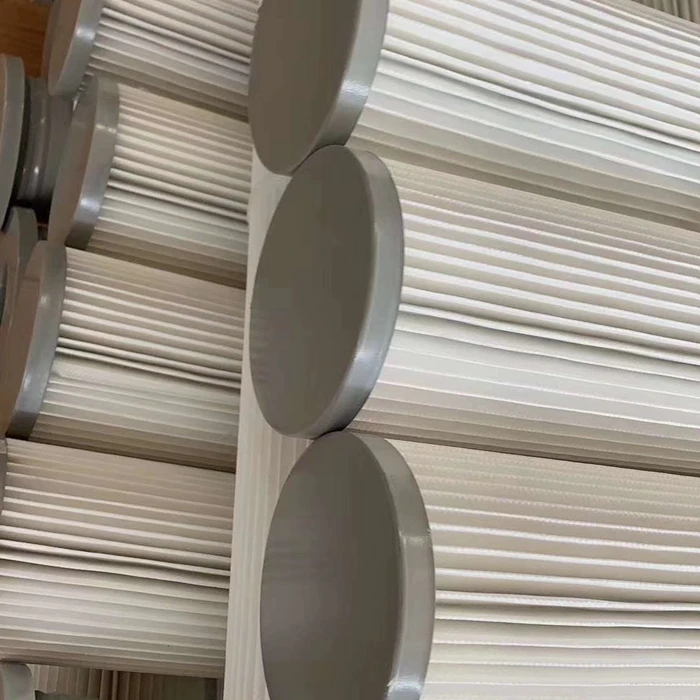Dec . 16, 2024 11:39 Back to list
Choosing the Right Laminate for Your Glass Projects and Applications
Laminated Glass A Comprehensive Overview
Laminated glass, often referred to as safety glass, is an innovative architectural material that has gained significant popularity in recent years. This specialized type of glass is manufactured by bonding two or more sheets of glass together with an interlayer, typically made of polyvinyl butyral (PVB) or ethylene vinyl acetate (EVA). This article delves into the composition, benefits, applications, and safety features of laminated glass.
Composition and Manufacturing Process
The production of laminated glass begins with the selection of high-quality glass sheets. These sheets are chosen based on their thickness and type, which can vary from clear float glass to tinted or reflective varieties. The key component in the manufacturing process is the interlayer, which plays a crucial role in the glass's structural integrity and safety.
The manufacturing process involves cleaning the glass sheets, placing the interlayer between them, and then using heat and pressure to bond them together. This combination of heat and pressure creates a durable product that can withstand various environmental stresses. After the bonding process, the laminated glass is cooled, cut, and finished to meet specific design requirements.
Benefits of Laminated Glass
1. Safety and Security One of the most significant advantages of laminated glass is its capacity to enhance safety. In the event of breakage, the interlayer holds the glass fragments together, reducing the risk of injury. This is particularly crucial in areas prone to vandalism or extreme weather conditions.
2. Sound Insulation Laminated glass is an excellent sound barrier, making it an ideal choice for buildings located in noisy environments. The interlayer absorbs sound waves, providing occupants with a quieter and more comfortable atmosphere.
3. UV Protection The interlayer in laminated glass can block up to 99% of harmful ultraviolet (UV) rays from the sun. This feature helps protect interior furnishings from fading and damage and contributes to maintaining a comfortable indoor climate.
laminate for glass

4. Energy Efficiency When used as part of a multi-pane glazing system, laminated glass can improve a building’s energy efficiency. It helps in reducing heat transfer, thereby lowering energy expenses for heating and cooling.
5. Aesthetic Flexibility Laminated glass is available in various colors, tints, and finishes, allowing architects and designers to create visually appealing structures without compromising safety features.
Applications of Laminated Glass
Laminated glass is utilized in a plethora of applications across various industries. In the construction sector, it is commonly used for facades, skylights, and glass floors due to its strength and aesthetic appeal. In the automotive industry, laminated glass is a standard feature in windshields, where safety and clarity are paramount. Furthermore, users can find laminated glass in furniture design, shower doors, and marine applications.
Safety Features and Standards
Due to its safety benefits, laminated glass is often subjected to rigorous testing and must meet specific industry standards. In the United States, it must adhere to the standards set by the American National Standards Institute (ANSI) and the Consumer Product Safety Commission (CPSC). These regulations ensure that laminated glass products are designed to withstand impact and resist shattering.
Conclusion
Laminated glass stands as a testament to modern engineering and design, combining functionality with aesthetic appeal. Its safety features, sound insulation capabilities, UV protection, energy efficiency, and versatility make it a preferred choice in various construction and design applications. As technology advances, the future of laminated glass looks promising, with continued innovations expected to enhance its performance and applications further. Whether for residential, commercial, or industrial use, laminated glass is poised to remain a critical component in building safer, more efficient environments.
-
Safety and Style with Premium Laminated Glass Solutions
NewsJun.24,2025
-
Reinvents Security with Premium Wired Glass
NewsJun.24,2025
-
Premium Float Glass Line for Modern Architecture
NewsJun.24,2025
-
Low Emissivity Glass for Energy-Efficient Architecture
NewsJun.24,2025
-
High-Performance Insulated Glass Solutions for Modern Architecture
NewsJun.24,2025
-
Elevates Interior Style with Premium Silver Mirror
NewsJun.24,2025
Related PRODUCTS














